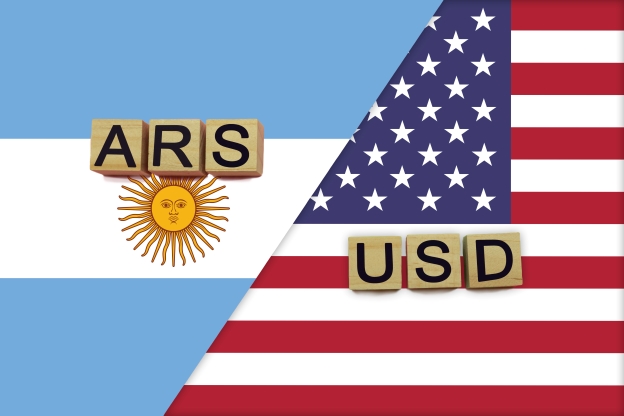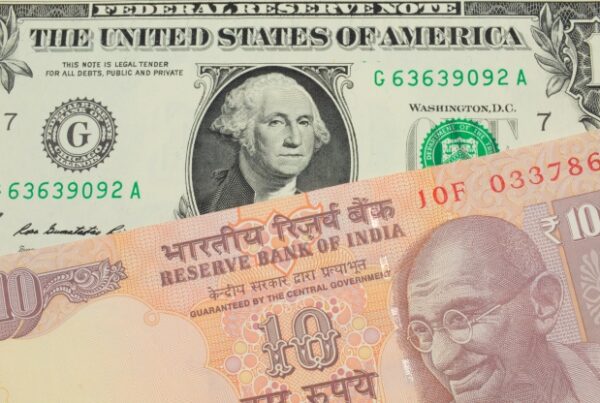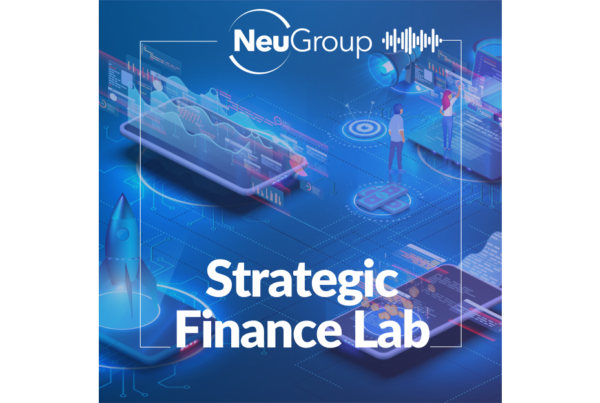
USD-denominated Bopreal bonds offer a way for subsidiaries in Argentina to pay debts owed to US-based parents.
The Argentine subsidiaries of some NeuGroup member multinationals are buying so-called Bopreal bonds that Argentina started selling late last year to help importers pay off debt—including money subsidiaries owe parent companies. The bonds are providing relief to corporates with cash trapped in a country with strict capital controls, hyperinflation and a heavily devalued currency.
- Bopreals are dollar-denominated but can be purchased with Argentine pesos at the country’s official FX rate. They can only be used to pay outstanding invoices for goods delivered before December 12, 2023.
- The bonds offer an attractive option to corporates with limited ways to get money out of Argentina. One of the more popular, called a blue-chip swap, carries an unfavorable, unofficial exchange rate and requires companies using it to wait another 90 days until accessing the country’s official FX market.
- In recent NeuGroup sessions and online conversations, members have raised questions about Bopreals. To clear up any remaining confusion about these complex bonds, NeuGroup’s Argentina Crisis Community will meet in a virtual session on February 7 with experts from Banco Comafi to discuss upcoming auctions.
Buy, then sell. This week, one member based in Argentina bought Bopreals that will be used to make a payment to foreign vendors. The member plans to sell the securities in the secondary market.
- In a recent NeuGroup session, Martin Merlo from Banco Comafi said he has seen the bonds sell for 60% to 70% of their original value in the secondary market. The other option would be holding the bonds until maturity, although members have indicated vendors are unwilling to wait years for payment.
- One benefit of selling in the secondary market, according to members, is that a corporate can then access the blue-chip swap market starting April 1 to raise the remaining percentage of the invoice in USD, while remaining exempt from the 90-day required waiting period—a special exemption for the first series of sales.
- So, if a corporate were to buy $1 million in Bopreal and sell the bonds, the amount they transfer to the vendor outside Argentina might only be $700,000. Because the vendor still wants the remaining amount, the Argentine entity could do a blue-chip swap to raise the remaining $300,000 without the 90-day penalty.
- One US-based exporter had been told that accepting the bonds directly from the company’s customers was the only option for payment. But, following conversations with members, he now plans to suggest the buyers in Argentina sell the bonds on the secondary market.
Uncertainty ahead for invoices behind. Two more series of Bopreal bonds are on the horizon, with maturities in 2025 and 2026. The member said these will likely be aimed at smaller companies, as they carry less favorable conditions than the first series, including taxes and restrictions on secondary market sales. (The first series, exempt from the country’s 30% tax on outgoing cash, mature in 2027.)
- “I don’t think you’ll get better conditions than what you will get now if you want access to dollars,” Mr. Merlo from Banco Comafi said.
- A member responded, “If you don’t take advantage, those imports might be locked up for a long time.”


